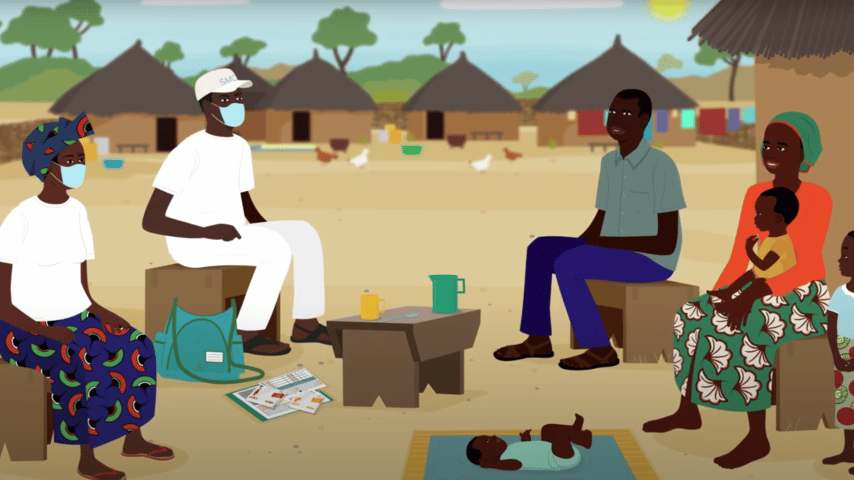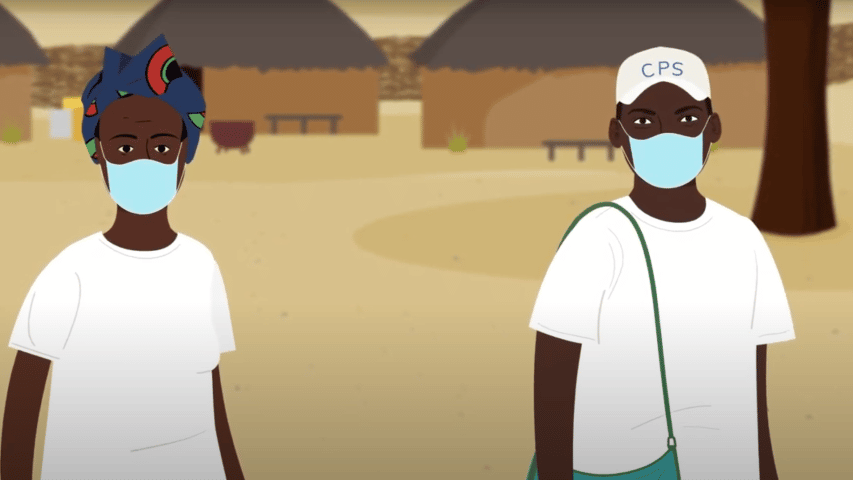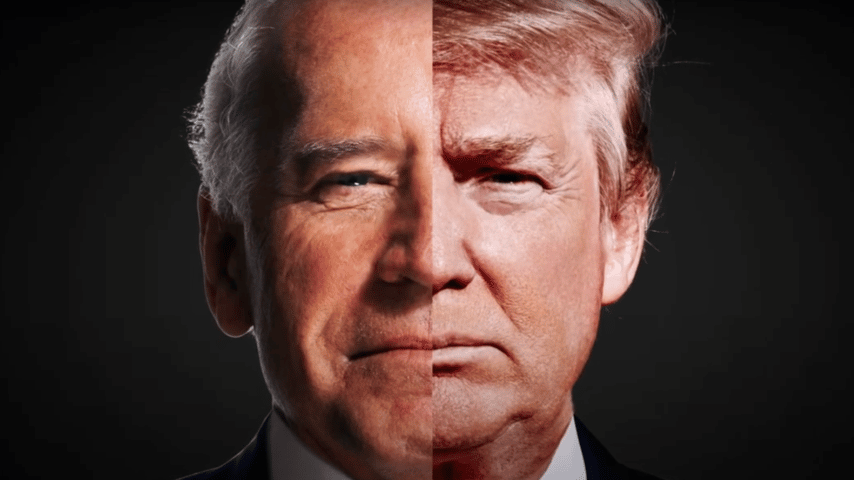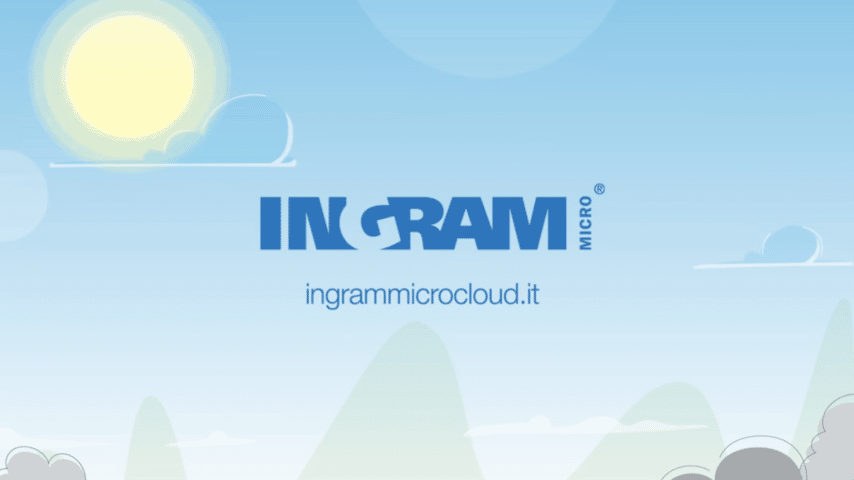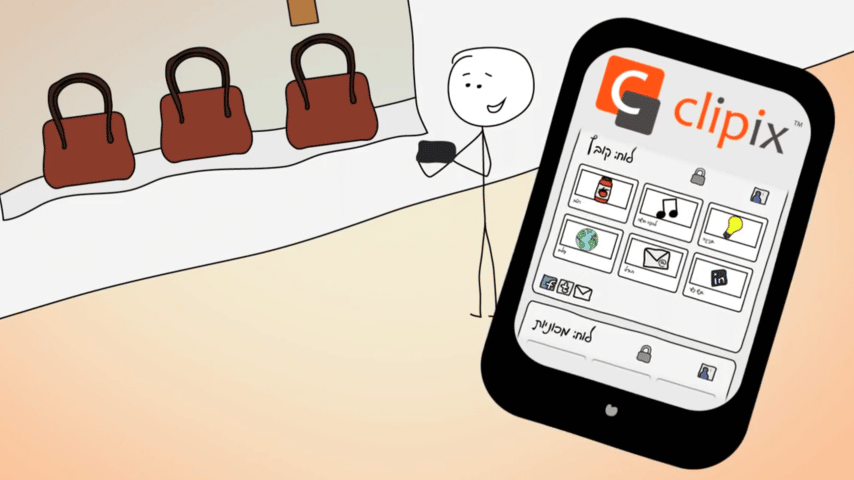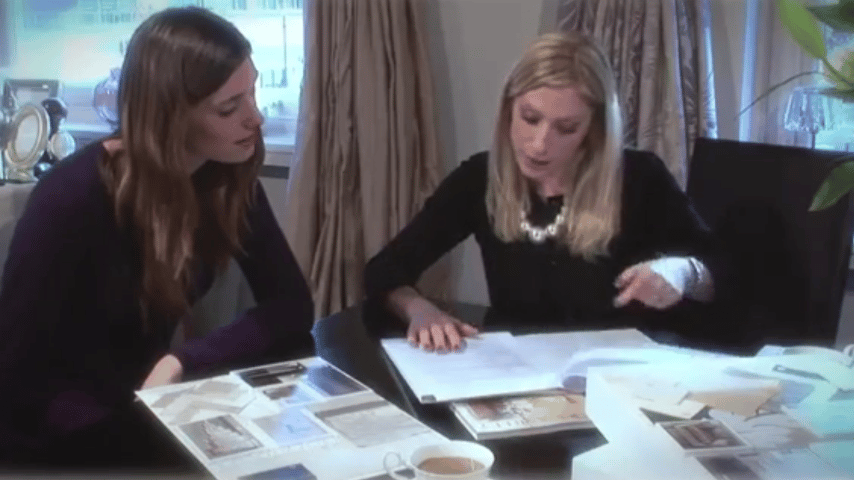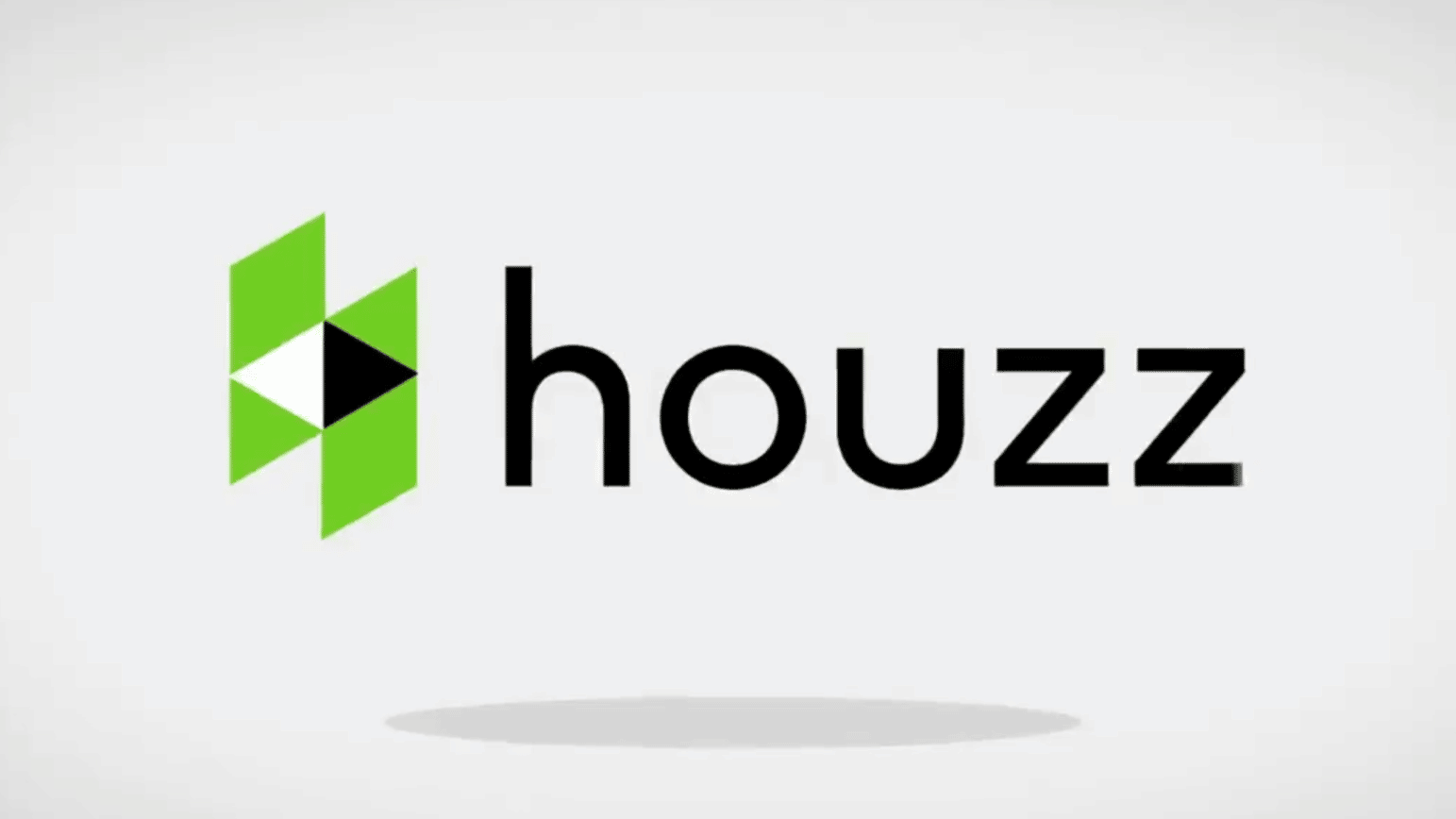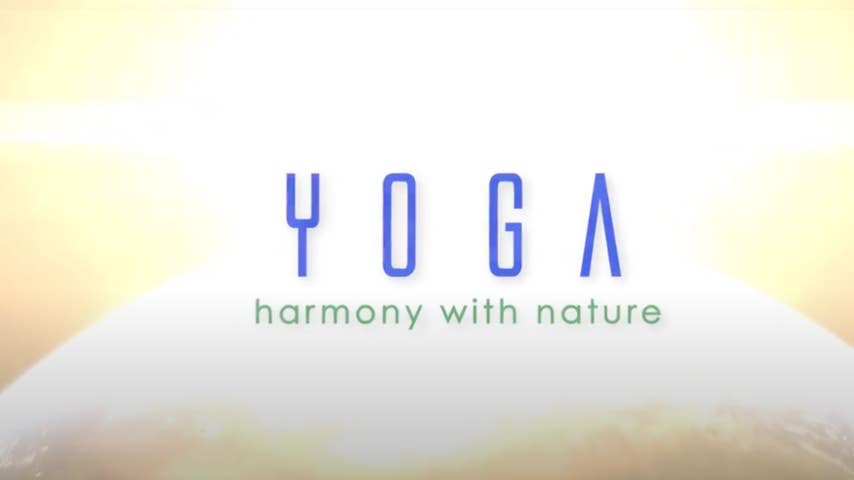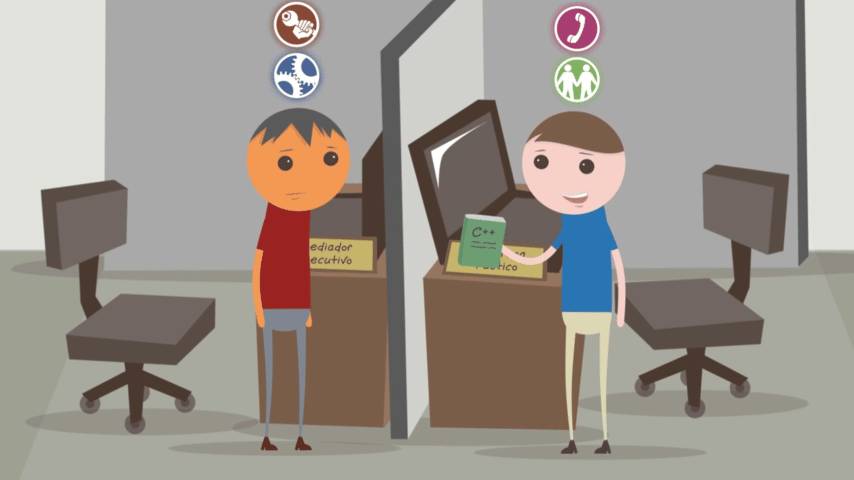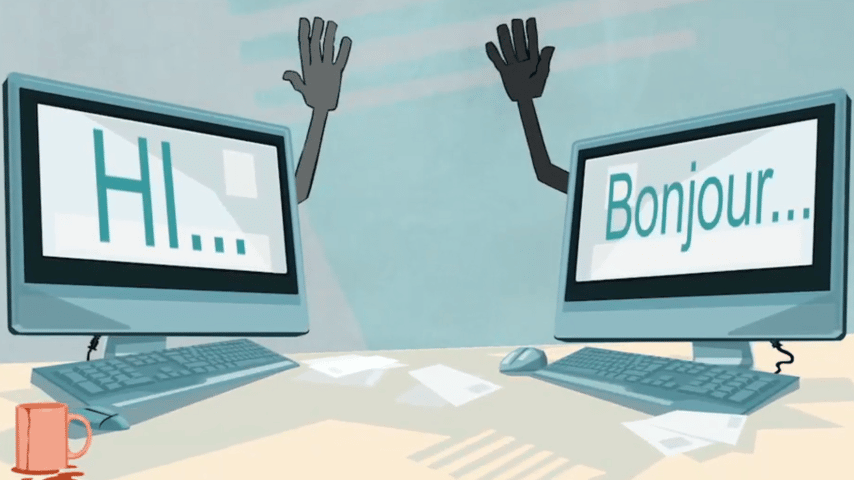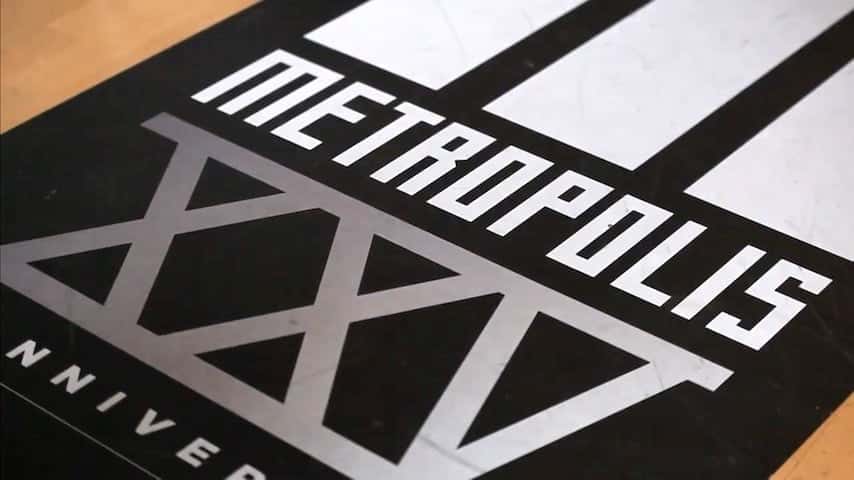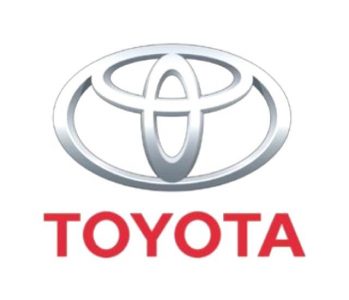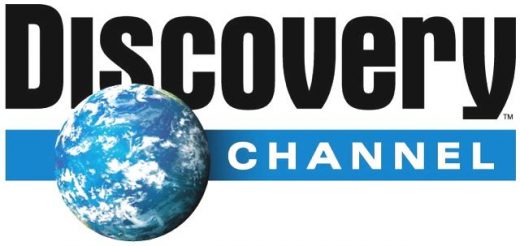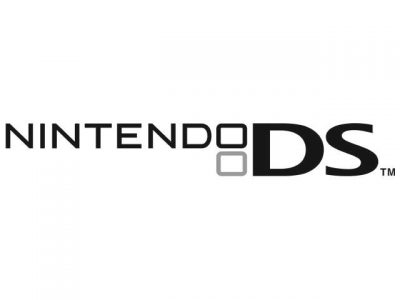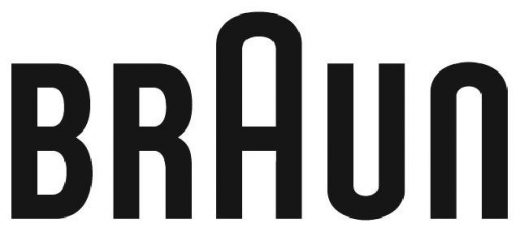What Kind of Russian Voice Over are you looking for?
Including Russian voice overs allows you to connect with a huge and influential audience. Russian, spoken by over 258 million people worldwide, is the official language of Russia, Belarus, Kazakhstan, and Kyrgyzstan, and is widely spoken in many other countries of the former Soviet Union. Adding a Russian voice-over to your campaign can be a pivotal step towards achieving your business goals and reaching new markets in Eastern Europe and Central Asia.
Learn more about Russian Voice Over Services
Application of Russian Voice Over in Educational Content
Russian voice overs are particularly beneficial in educational content. Delivering clear and precise information is crucial in educational settings. Russian voice overs ensure that educational content is conveyed clearly and professionally, making it easier for students to understand complex concepts and information. This is especially important in subjects like science, mathematics, and technology, where precise terminology and explanations are essential.
A voice actor who understands the cultural context can deliver educational content in a way that feels natural and relevant. This helps in creating an engaging and effective learning environment, as students are more likely to connect with and retain information that is presented in their native language.
When students hear their native language in educational materials, it often enhances their engagement and comprehension. They are more likely to grasp and retain the information, leading to better learning outcomes. Using Russian for educational voice overs also allows for a professional and authoritative tone, which is essential for maintaining credibility and respect in academic settings.
Additionally, Russian voice overs can make educational content more accessible to Russian-speaking students around the world, including those in countries with significant Russian-speaking populations. This broader reach can help educational institutions and content providers connect with a global audience, ensuring that their materials are impactful and widely used.
Whether it’s for educational content, corporate communications, advertising, or other materials, using the right Russian voice over can significantly impact the success and reach of your production. By understanding and utilizing the nuances of Russian and the interactions with other regional languages, you can create content that truly resonates with your audience across Russia, Eastern Europe, Central Asia, and the global Russian-speaking community.
The Importance of Russian

Russian is not only the most widely spoken Slavic language but also serves as a lingua franca across many former Soviet states. Its significance extends beyond Russia, with substantial Russian-speaking communities in countries like Ukraine, Latvia, Estonia, and Israel. The geopolitical and economic influence of Russian-speaking regions makes Russian a strategic choice for voice overs, ensuring that your content is accessible to a vast and diverse audience.
Implementing Russian voice overs also creates a sense of belonging and empathy among the audience, leading to stronger brand connections and potentially increased engagement. This connection is even more profound when the voice over uses culturally relevant nuances, enhancing relatability and authenticity.
How does GoLocalise work?
Understanding your project’s needs
GoLocalise is composed by a team of experienced professionals who work hand in hand with the best translation and production companies to provide you with top-quality services. The first step is to understand the technical aspects of your project to understand what we need to do to guarantee your necessities are met. We will ask a set of questions to determine your target audience, the type of content you want us to work with and the impact you want to achieve.
Selecting the ideal voice-over artists for your project
We want you to find the perfect voice-over artist for your project. For this, we will search for the ideal candidate within or outside our artist portfolio. Whether you are looking for an engaging, expressive, or commercial voice, we’ve got you covered!
Assigning a multilingual project manager
We will assign an exclusive project manager to serve as your only point of contact to guide you along the process, answer all questions you may have and make every stage easier. This project manager will:
- Explain all the steps involved in the process to make it easy to understand and help you determine what exactly are the services you need to ensure you stay within your budget.
- Help in selecting the ideal voice-over artist to transmit your ideas.
- Guarantee all the steps in the process are well-organized and that all deadlines are met. After choosing your ideal artist, you can relax and let your experienced project manager take care of the rest until the process is finished.
Record voice-over audio in our modern studios
All details in the process have been carefully designed to enable you to focus on the core of the service: the voice-over recording session. Your recordings will sound beautifully neat thanks to our audio equipment and our top-quality acoustic studios, using Pro Tools HD and Neumann microphones. Our sound engineers will then adjust the recorded audio to make it sharp and clean, ensuring you don’t need to repeat any recording, and thus, make the most out of your budget. In the case of those languages neither you nor your client speaks, we offer professional linguistic help to make sure everything is clear in all languages you are translating your content into.
Finding professional voice actors for your projects
Our Latest Voice Over Case Studies
What our happy customers say
Stefanie Smith
Producer at Education First
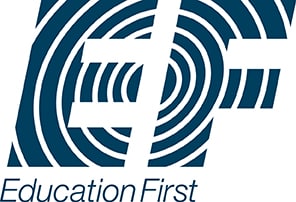
Kerry Gillies
Director at Synergy Language Services

Patricia Leon-Fedorko
Account Specialist at Advanced Language
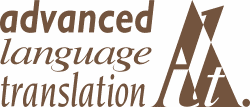
Adam Ruddick
Head of Production at Casual Films

Jo Samuel
Animator at Pixel Circus

Nicola
English UK Voice Over Talent
Frequently Asked Questions
Russian is considered one of the most difficult languages to learn given that it uses a different alphabet, as well as complex grammar, pronunciation and vocabulary. This means that, in order to create a convincing Russian voice over, the best idea is to hire a native professional who can provide linguistically accurate voice overs.


